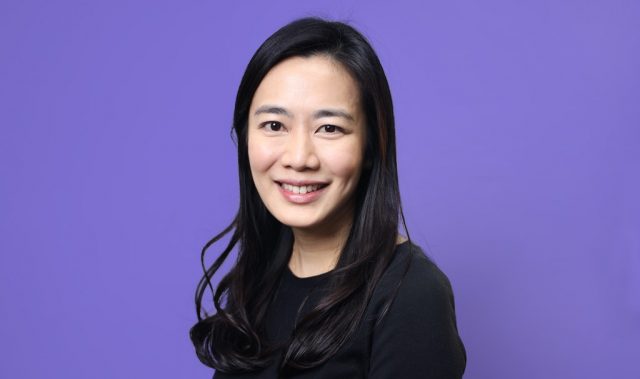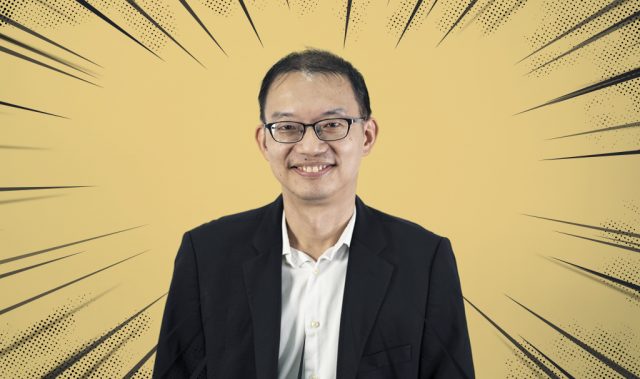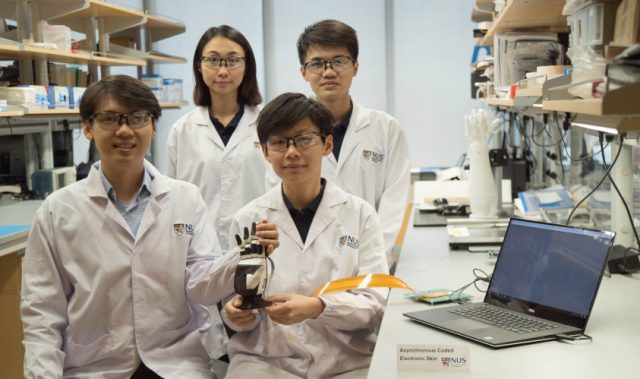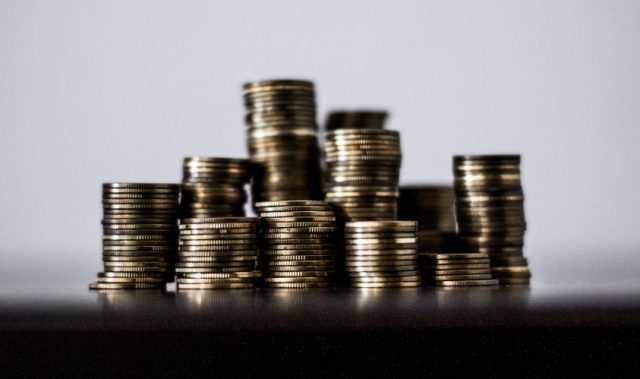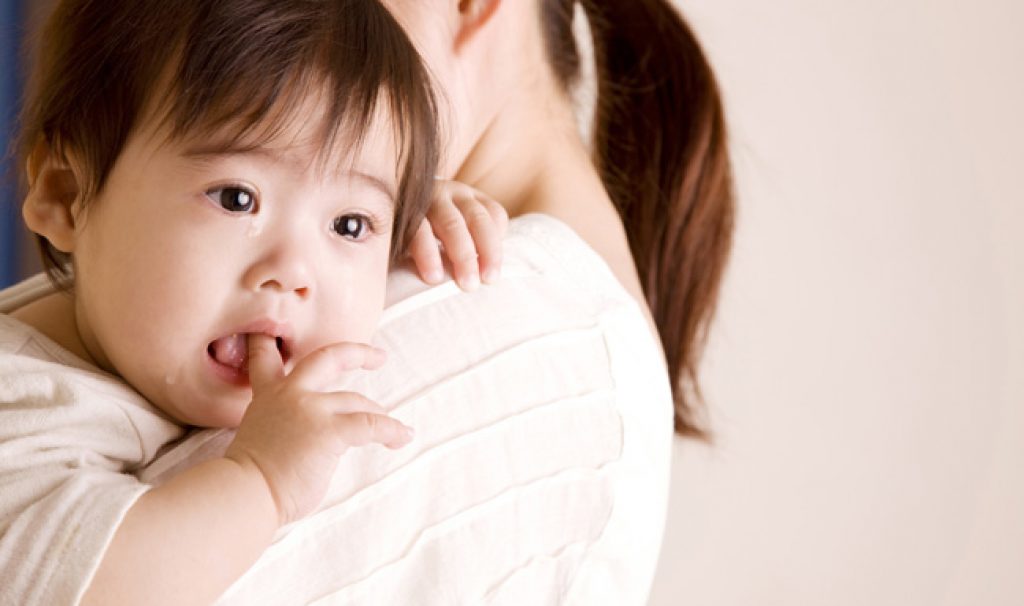
AsianScientist (May 24, 2016) – A study involving about 70 babies in Singapore found that learning two languages from the start help babies learn each language better. Details were published in Frontiers in Psychology.
Some parents may worry whether teaching their babies two languages concurrently will overburden their babies’ minds, while some may wonder if babies get confused learning two very different languages from birth. These concerns are unfounded, according to the study led by psychologists from the National University of Singapore.
Led by Associate Professor Leher Singh from the Faculty of Arts and Social Sciences, the study—which explored the learning of English and Mandarin—suggested that learning two languages from the start helps children master the rules of each language faster. In fact, learning English and Mandarin concurrently accelerate the learning of Mandarin.
“Our results dispel commonly held beliefs about bilinguals being slower in learning words,” said Singh. “Parents need not worry that learning English will take away a child’s potential to learn Mandarin as learning both languages may strengthen their knowledge of Mandarin.”
In Singapore, English and Mandarin are the two most commonly used languages, despite being very different from one another. In English, tones do not change the meaning of words, but in Mandarin, they do, leading to a potential conflict for bilingual learners.
Singh and colleagues studied 72 babies who were between 12 to 13 months of age, when they are starting to learn new words. They compared the ability of the babies to recognize that tone changes the meaning of a word in Mandarin, but it is not relevant for words in English.
During the experiments, when English-Mandarin bilingual babies were spoken to in English, they ignored tone when learning new words. But when they were spoken to in Mandarin, they responded to tone changes when learning new words.
However, monolingual Mandarin babies did not show mastery of the Mandarin tone system until six months later, when they were around 18 months old, when spoken to in Mandarin. This suggests that the bilingual babies had already developed expertise in the Mandarin tone system whereas the Mandarin monolingual babies had not.
When new words were introduced to their vocabularies, the English-Mandarin bilingual children surpassed their Mandarin monolingual peers as they could learn words in each language more effectively.
This dispels widely held beliefs that bilingual children learn words more slowly because they are processing two languages.
Th research team also made interesting findings in relation to the development of language skills in babies. Researchers discovered that although these babies were not speaking in words yet, they already know a lot about words in each of their languages if they are bilingual. This indicates that babies can navigate the rules of language—even when the rules conflict—and can use this information by the time they are 12 months of age to learn two different languages.
“Our findings show that more exposure to one language is not necessarily better for babies. What led to better performance in learning Mandarin was being raised bilingually, with exposure to both English and Mandarin, rather than solely to Mandarin,” Singh explained.
The article can be found at: Singh et al. (2016) Limits on Monolingualism? A Comparison of Monolingual and Bilingual Infants’ Abilities to Integrate Lexical Tone in Novel Word Learning.
———
Source: National University of Singapore; Photo: Shutterstock.
Disclaimer: This article does not necessarily reflect the views of AsianScientist or its staff.




